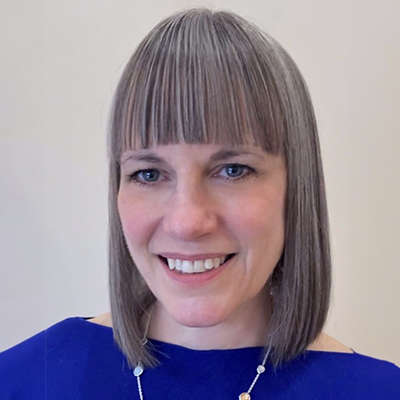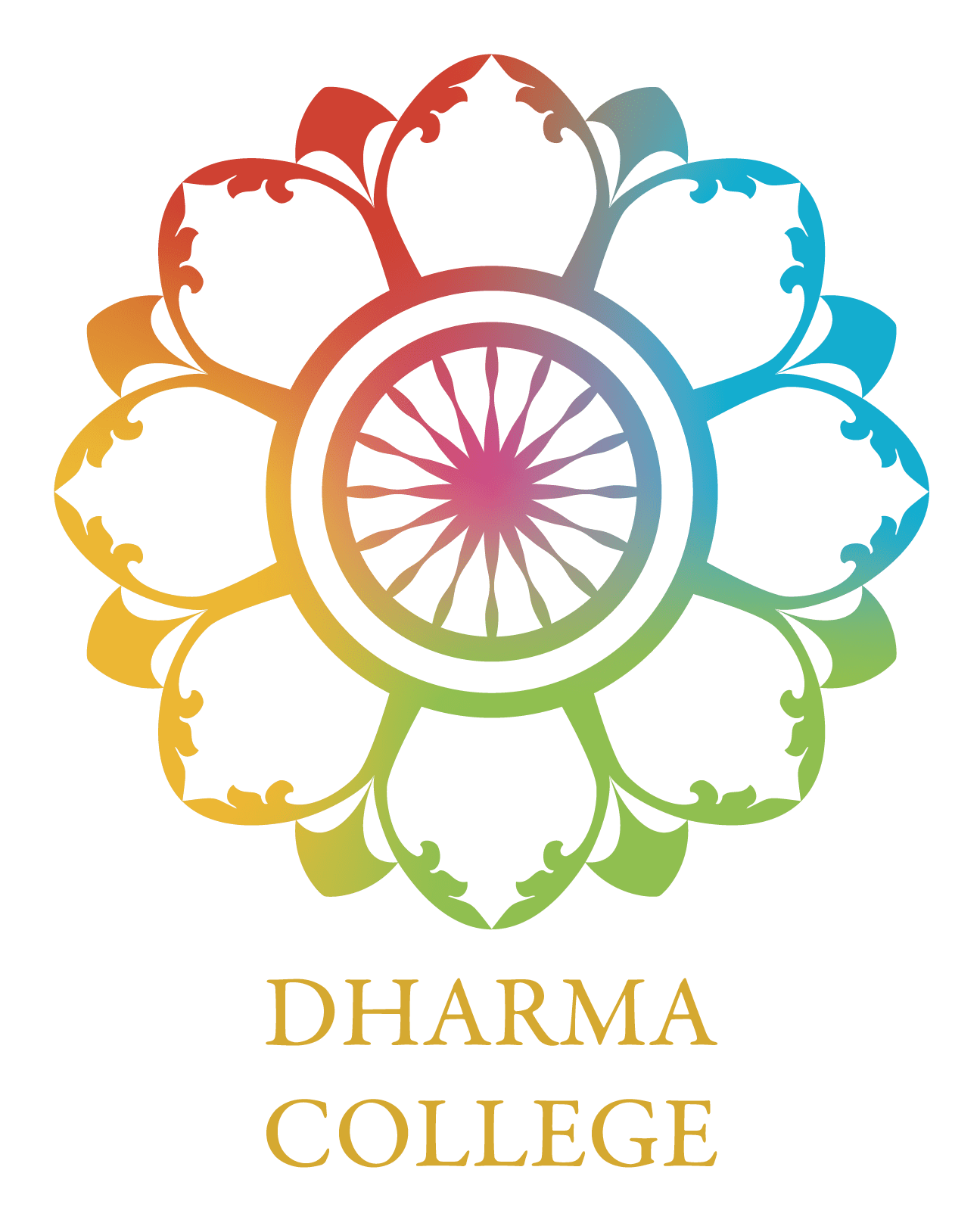Whether you are
new to Buddhism or have been practicing for a while, it is likely you approach
your practice and study with unrecognized assumptions about the mind that
distort your understanding. Furthermore,
if you are a therapist working with clients that meditate or are exploring
Buddhism, you may have questions about what Buddhism is all about, and what is
really going on in that meditation hall.
In this course we will
examine the basic assumptions, methods and goals of both psychoanalytic therapy
and Buddhist practice. You will learn
about the origins and development of both traditions, and what a participant
may expect to gain from engaging in either approach. You will gain a greater appreciation of how
Buddhist practice and psychodynamic therapy can complement each other, and
where points of tension exist between them.
Additionally, each class will end with a brief meditative practice,
different each week, that you can continue to practice on your own, and which
can serve as an introduction to meditation for those new to it.
Who this course is for- Anyone interested in mind and meditation who has never taken the time to really clarify the fundamental differences between the Buddhist and the contemporary view of the mind
- Anyone interested in psychological development who has not looked at the Asian wisdom traditions
- Any psychological clinician who wants to understand more about what meditation and Buddhist practice can offer their clients, and how it can be easily misused to avoid important therapeutic work.
What you will gain- A fresh understanding of the sources stress in modern life
- Insights into our current epidemic of alienation and disengagement and what approaches exist to develop deep and lasting emotional stability
- Learning how to the view and aim of Buddhist practice can avoid time and effort wasted, whether that effort is on the meditation cushion or in the consulting room.
- Seeing when external help can really help in on a spiritual path
Testimonials
" Kathleen Lyon's class was well organized, and filled with insights and new knowledge. It became more clear as the class progressed that Buddhist thought and practices can contribute to the development and practices of psychoanalysis and psychotherapy. The online experience and material presented is of great value to those who have positions of responsibility in Buddhist and psychological work. This offering could easily be an introduction to a series of classes, since there were many topics of which we could only get a glimpse. Highly recommended, and I look forward to participating in more… "
Dan A.
" Superlatively organized and interesting. Dr. Lyon is a wonderful teacher."
Dr. R F
Classes meet online for seven weeks, 1.5 hours a week. Classes are recorded and accessible for six months on our dedicated community portal. Each week features short presentations, experiential exercises, and discussion.
Class 1 - The Buddhist View: The Three Marks of Existence and the Origin of Suffering
Class 2 - The Psychoanalytic View: The Discovery of the Unconscious and Neurosis as the cause of Suffering.
Class 3 - The Buddhist Methods: Meditation and Motivations
Class 4 - The Psychoanalytic Methods: Talk, Transference, and Interpretation: Developing Meaning and and coherent sense of self.
Class 5 - The Buddhist Result: Enlightenment- what is it really?
Class 6 - The Psychoanalytic Result: Ordinary suffering, and a realistic relationship with conventional reality.
A Meditator's Guide to Buddhism: The Path of Awareness, Compassion, and
Wisdom by Cortland Dahl (Author), Yongey Mingyur Rinpoche
Sam Harris, "Experiments in Conscious", in: The Best Buddhist
Writing, 2005, Shambhala Publications
The Taboo of Subjectivity; Toward a New Science of Consciousness; B. Alan
Wallace, Oxford University Press
The Buddhist Psychology of Awakening; An In-Depth Guide to Abhidharma, Steven
D. Goodman, Shambhala Publications
The Psychoanalytic Model of the Mind, Elizabeth Auchincloss
Bruce Grayson, PhD, "Is Consciousness Produced by the Brain?"
https://www.youtube.com/watch?v=sPGZSC8odIU
Gesture of Great Love, Tarthang Tulku
Being a Human and a Buddha Too, Anne C Klein PhD
Dr. Kathleen Lyon graduated with a BA in Chemistry (Summa Cum Laude), from Rutgers University (Douglass College), received her MD from the University of Maryland School of Medicine, and her psychoanalytic training from The Psychoanalytic Association of New York (PANY). She is a Training and Supervising Analyst on faculty at PANY, and the NYU School of Medicine, teaching at both institutions for over 20 years and receiving the Teacher of the Year award in Psychiatry in 2007. She is also a member of and on the clinical register of the Neuropsychoanalytic Association. A Buddhist practitioner since the 1990s. She is in the full-time private practice of psychoanalysis, psychotherapy, and psychiatry in New York City.
Level 100
Mondays June 2nd to July 7th 1-2:30 PT
FREE CANCELLATION AFTER FIRST CLASS


